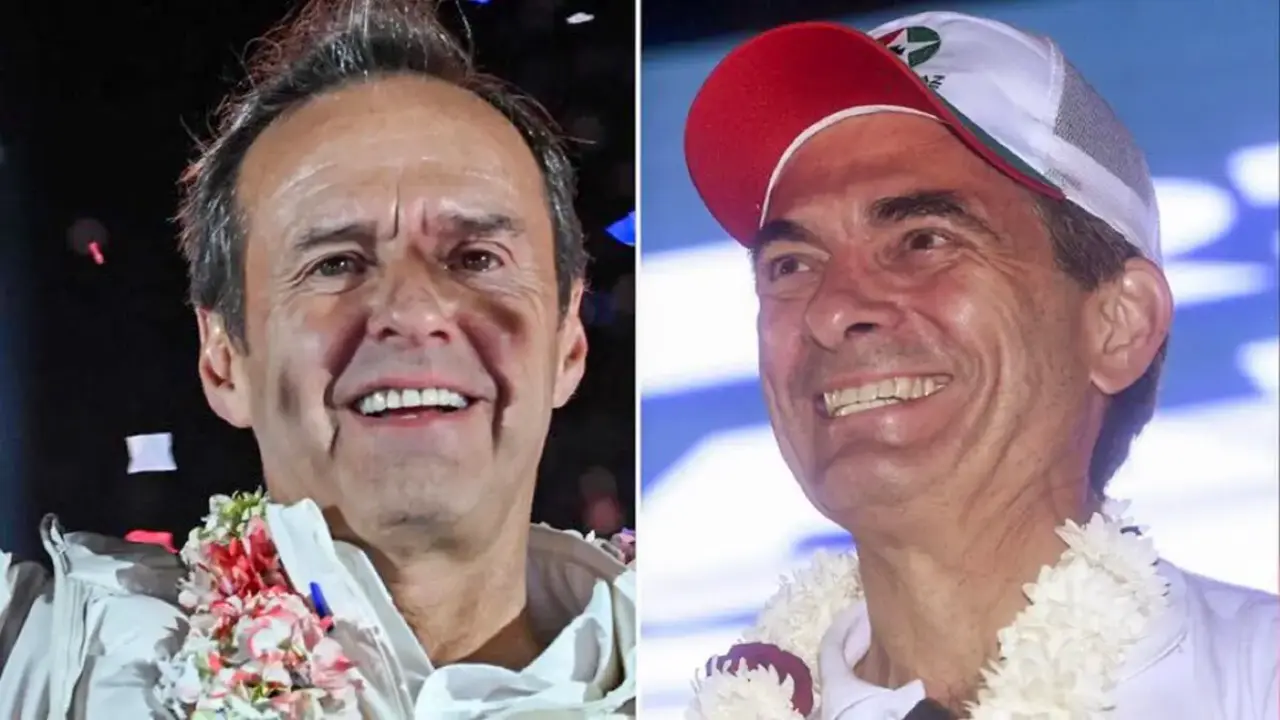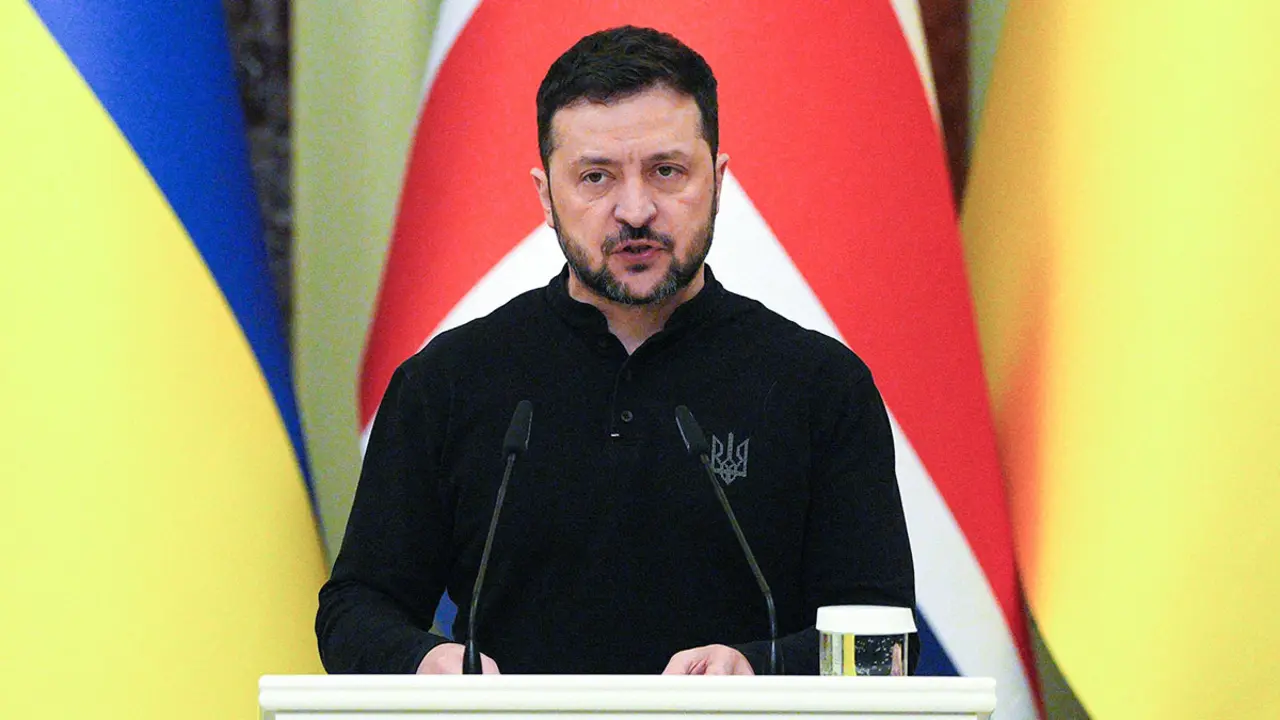Abdul Hamid Dbeibah, a new hope for international society in the face of Russia's and Turkey's positions in Libya

It took just over five months of negotiations for the UN to bring together a forum of 73 Libyans from all three regions of the country. The Libyan Political Dialogue Forum (LDPF), meeting in the city of Geneva, elected a new transitional government for their country, but not before two failed votes. The new cabinet is headed by Abdul Hamid Mohammed Dbeibah, a businessman from the Misrata region who has a very good relationship with Turkey, not least because he owns a satellite broadcasting channel located there, in Salam. The candidate who won the third round of voting was Mohammad Younes Menfi, who won with 39 votes compared to 34 for the list led by Aguila Salé. Menfi will be the chairman of the Presidency Council, while Abdullah Hussein al-Lafi, Mossa al-Koni and the new prime minister, Abdul Hamid Dbeibah, complete the council.
Libya plans to make a major turnaround in its political situation, and to this end this government has been created, which will have the task of coexisting with the Government of National Accord, whose prime minister is Fayez al-Sarraj - it should be recalled that he was proposed in 2015 by the then UN special envoy, the Spaniard Bernardino León - leads a government that had, as this new one will have, the objective of achieving real national unity. A task that is far from simple, and for which the new government will be formed within 21 days of the vote in the Swiss city. It will also have an additional 21 days to obtain a vote of confidence in Parliament. This will take around a month and a half, which will not be easy and which must lay the foundations for the reconstruction of a country that has been mired in a civil war for seven years, making the formation of this new government extremely complicated, starting with the Ministry of Defence and what it entails at this time of tension.

All these complications make the figure of the new Prime Minister Dbeibah even more important. Russia and Turkey play a key role in Libya, the former supporting the Eastern Parliament - which also has the support of Egypt and the United Arab Emirates - and the latter the Government of National Accord in the West. Although the ceasefire has not been broken since October, neither country has withdrawn its mercenaries, as they had agreed to do within a three-month period that has now expired.
The situation hangs in the balance, and Wolfram Lacher, an analyst at the German Institute for International and Security Affairs (SWP), expressed his scepticism on social media: "If this government manages to become operational, it will have a very limited scope". The UN hopes that this will not be the case and that the situation will move forward in the run-up to the next elections scheduled for 24 December this year, thanks, among other things, to the mediation of the new prime minister. And among his first tasks, the withdrawal of both Turkish and Russian military forces is at the top of his agenda.

Reaching an agreement with the Turks does not seem too fanciful a scenario, given that Abdul Hamid Dbeibah was Ankara's favourite figure to hold the Libyan post: "Turkey can play a fundamental role in helping the Libyans achieve their objectives", he said in statements to the Turkish Anadolu Agency. The new prime minister has an Islamist orientation, very close to the Muslim Brotherhood. His city of origin, Misrata, located in the north of the country, is the epicentre of the Islamist militias, vital to the GNA's goal of holding Tripoli until the arrival of Syrian mercenaries from Turkey.

On the Russian side, mediation is more complicated. Dbeibah's proximity to the Turks, coupled with Russia's already hostile predisposition, make the rapprochement of positions somewhat more complex. What is expected is that the support the new government is receiving from the international community as a whole will play an important role in the withdrawal of military forces from both countries. The EU itself, through Josep Borrell, the European Union's High Representative for Foreign Affairs and Security Policy, has expressed the importance of compliance with the military agreement reached at the end of last year by both parties. An agreement that, in addition to involving the withdrawal of its mercenaries from Libyan territory, includes the embargo on arms shipments and the ceasefire, the latter being the only point of the agreement that, for the moment, has been respected by Turkey and Russia.








